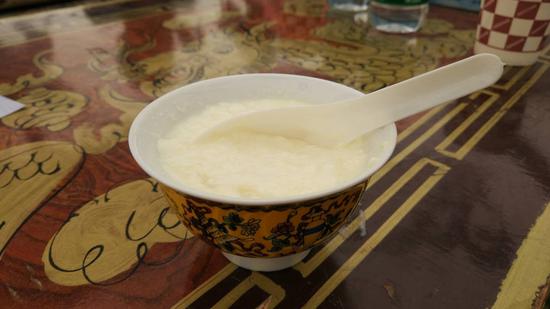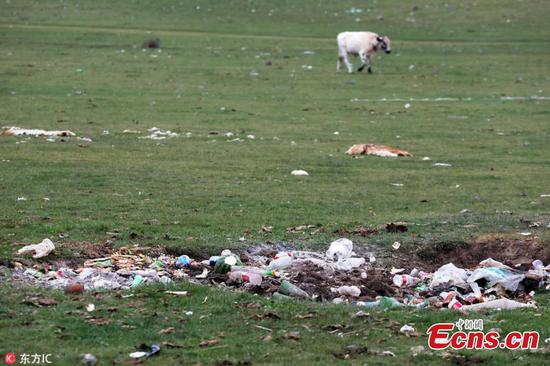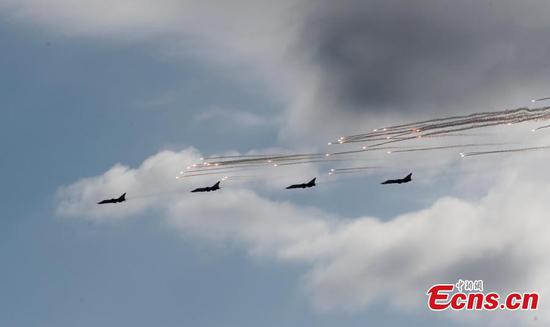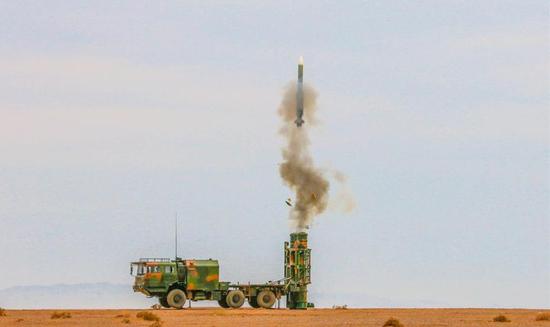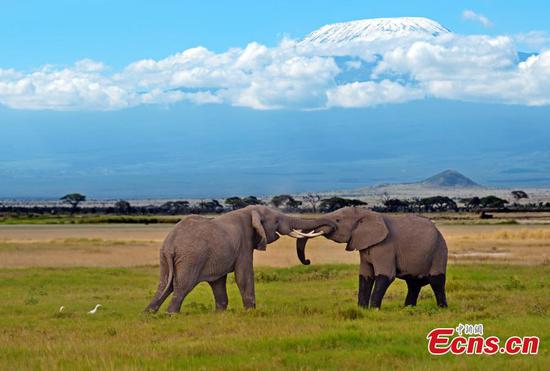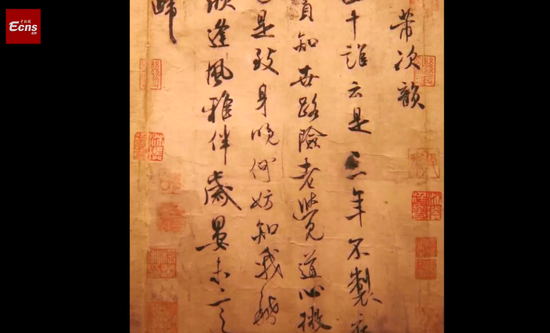U.S. President Donald Trump has notified Congress of his intent to sign a trade agreement with Mexico, with Canada welcome to join the deal "if it is willing," the White House said on Friday.
The announcement came after the United States and Canada failed to reach a deal on Friday to overhaul the North American Free Trade Agreement (NAFTA) following days of intense talks.
"The talks were constructive, and we made progress. Our officials are continuing to work toward agreement," U.S. Trade Representative (USTR) Robert Lighthizer said in a statement, adding the USTR team will resume trade talks with its Canadian counterparts next Wednesday.
The White House has pressured Canada to accept the preliminary agreement it struck with Mexico on Monday to update the 24-year old trilateral trade deal. But Canada insisted that it would only sign a new agreement that is good for the country.
"Canada will only sign a deal that's a good deal for Canada, we are very very clear about that," Canadian Foreign Affairs Minister Chrystia Freeland told reporters on Friday after wrapping up talks with U.S. officials in Washington.
One of the major sticking points in the talks is Canada's dairy market, according to media reports. Canada wants to keep its dairy system, known as supply management, while the U.S. complained that these agricultural policies unfairly limit sales of U.S. dairy products into Canadian market.
"There have been no concessions by Canada on agriculture," the USTR's Office said in a statement earlier Friday.
It's not clear whether Canada and the U.S. will work out their differences next week. Trump has threatened to slap additional tariffs on imported autos from Canada if the two sides are unable to reach a new trade deal.
"If a deal doesn't happen, we'll put tariffs on the cars coming in from Canada, and that'll be even better," Trump said on Thursday.
While U.S. officials have indicated that they are prepared to go ahead with a NAFTA deal with Mexico alone, many U.S. lawmakers have insisted that Canada must be included in the final pact.
Talks on renegotiating the NAFTA began in August 2017 as Trump threatened to withdraw from the trilateral trade deal, which he claimed harmed U.S. industries and jobs.












